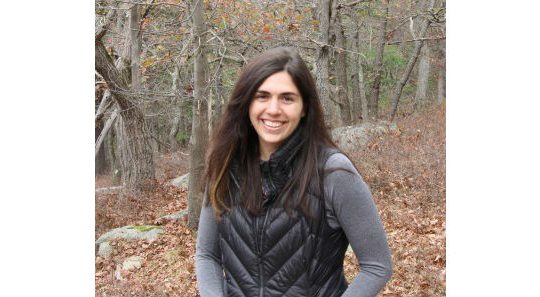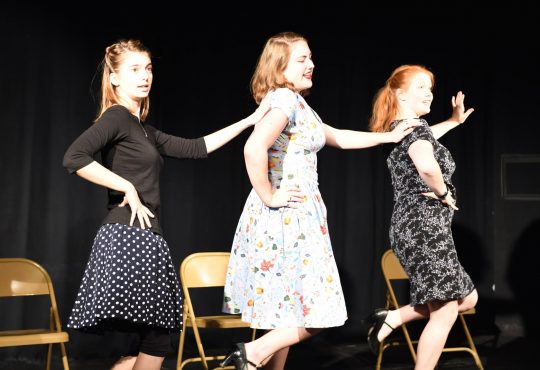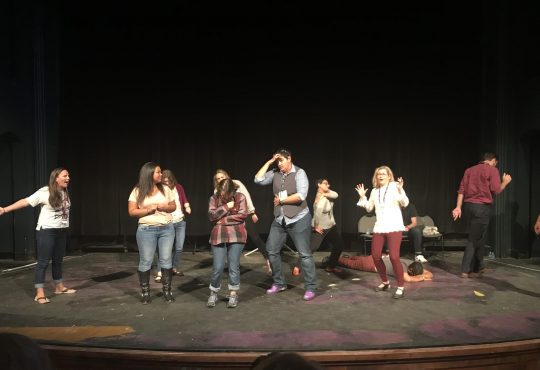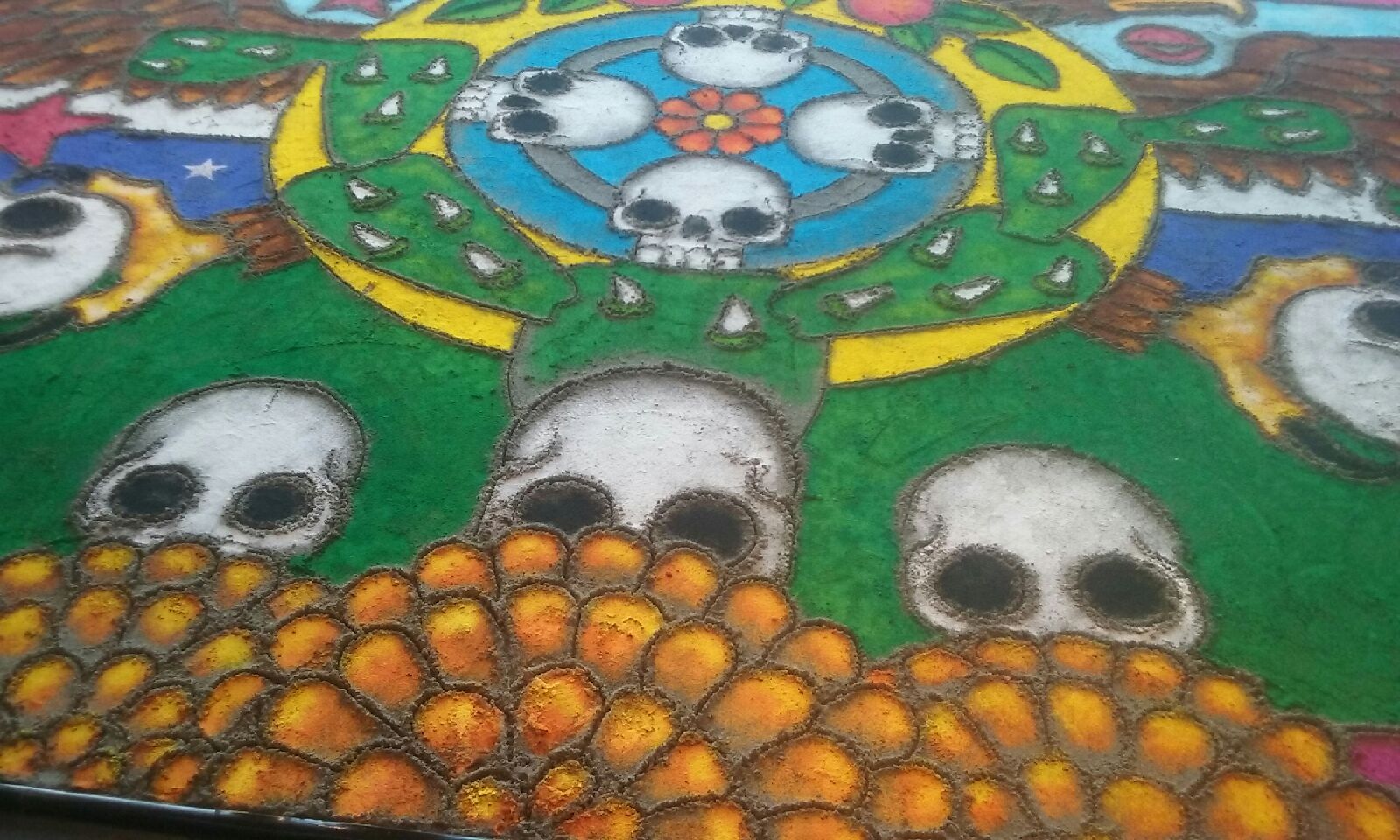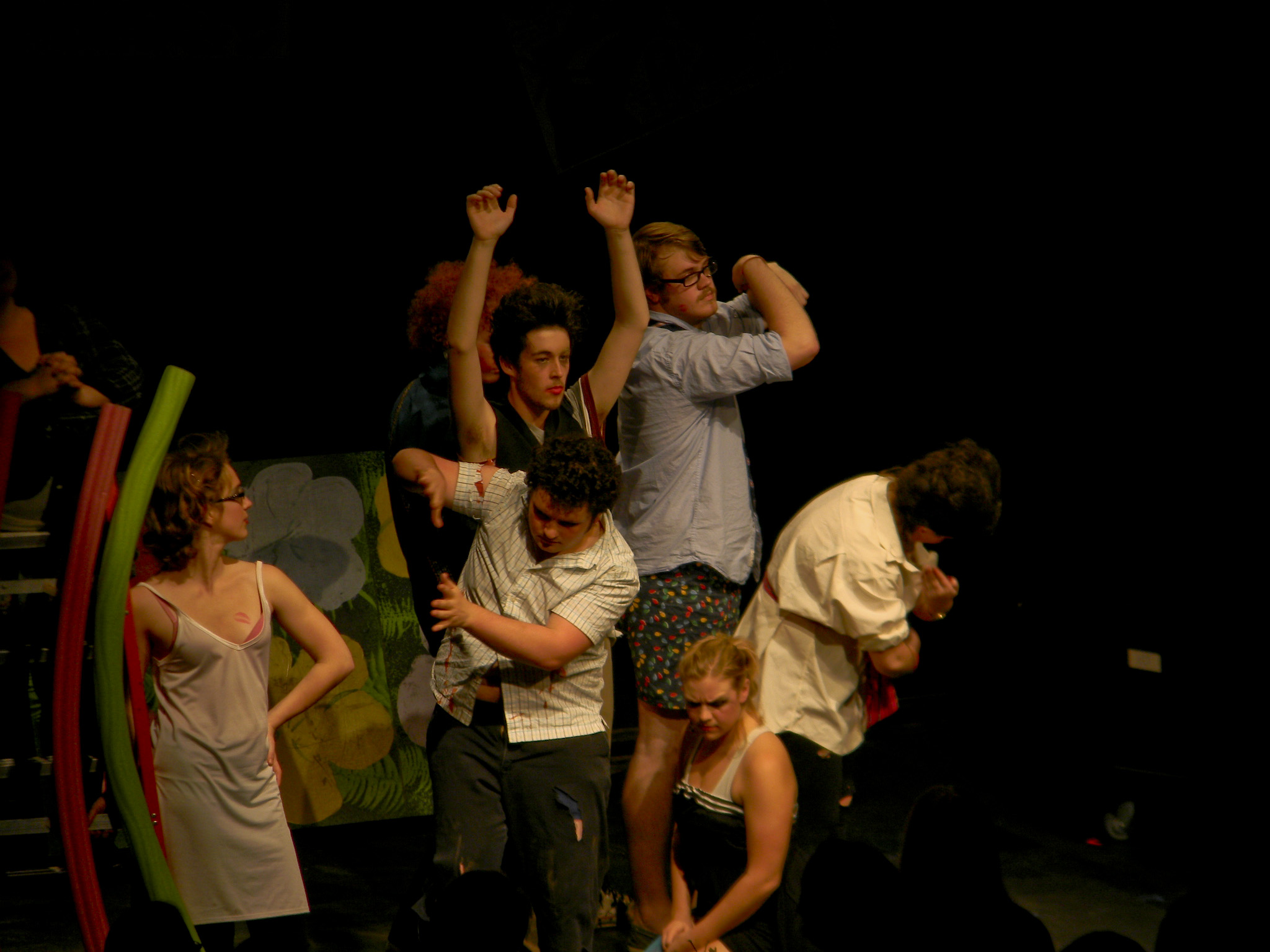
Nov. 17 and 18 were special days for Norton Clapp Theatre. For those days the stage was occupied with performances of “Wat is Dada?” An ensemble of nine actors, guided by the vision of Professor Marilyn Bennett, presented a cabaret of Dadaist pieces.
The definition of what “Dada” truly is as an art form and as a form of theatre is not concrete. Even the actors involved in “Wat is Dada?” had difficulty describing it.
“Dada is rebellion,” Jake Rosendale, an actor in “Wat is Dada?” said.
“Dada is nothing. Everything is Dada,” Maddie Faigel, another actor, said attempting to form a definition.
The overall format of the Dada cabaret was a lack of format. The medium of the pieces in the cabaret ranged from movement, poetry, manifestos, music and even a film was included. Gibberish was a common language spoken in Dada, as well as various forms of rhetoric that only made sense to the actors.
Another nuance to the Dada performance was the heavy interaction with the audience. Although the actors were the main spectacle, the audience became a part of the ensemble at one point or another.
One consistent motif in “Wat is Dada?” were Jake Rosendale’s manifestos. Every few scenes there came about a scene played in the same Dada format, but they contained one term of which everyone could make sense. “That’s Dada,” was a phrase stated in each of Rosendale’s manifestos.
“Watching these great actors take my writing and bring it to an entirely new level was an amazing experience,” Rosendale said, reflecting on his experience of sharing his written work.
The manifestos were kind and strange lessons on the bizarre nature of Dadaism. Each scene with a manifesto brought a better understanding of the wild nature of Dadaism to the audience.
Along with original pieces, the actors performed other Dadaist works discovered by Bennett. Some dated back to the original Dadaist movement of the 1920s. The actors played each piece so convincingly that it was difficult to tell which piece was original and which was not.
The heart and soul of this cabaret were the performers. Each established a foundation of trust and bravery in their work. While watching them perform you could tell that they believed in Dadaism and believed that they could portray it.
However, it took some time for the actors to gain comfort in performing the piece, as Faigel and Rosendale relayed.
“I had some temptation to just go, ‘It’s too weird. I can’t do it anymore.’ But I’m glad I stayed with it,” Rosendale said.
“I also had trouble knowing when I was doing it right. But you can’t be good at Dada, you just do it,” Faigel said.
Despite the qualms Faigel and Rosendale had about performing Dadaism, they, along with the rest of their ensemble, did so with wonderful abandon. Each of them had a twinkle in their eye while on stage, as if the secret of Dada filled their minds.
Dada is not an art form for closed minds. For the audience members with closed minds, Dada created a puzzling experience. For the those that entered Norton Clapp with open minds, Dada was an enjoyable cabaret put together by Bennett the ensemble.
PHOTO COURTESY/COURTNEY RIDGEL

